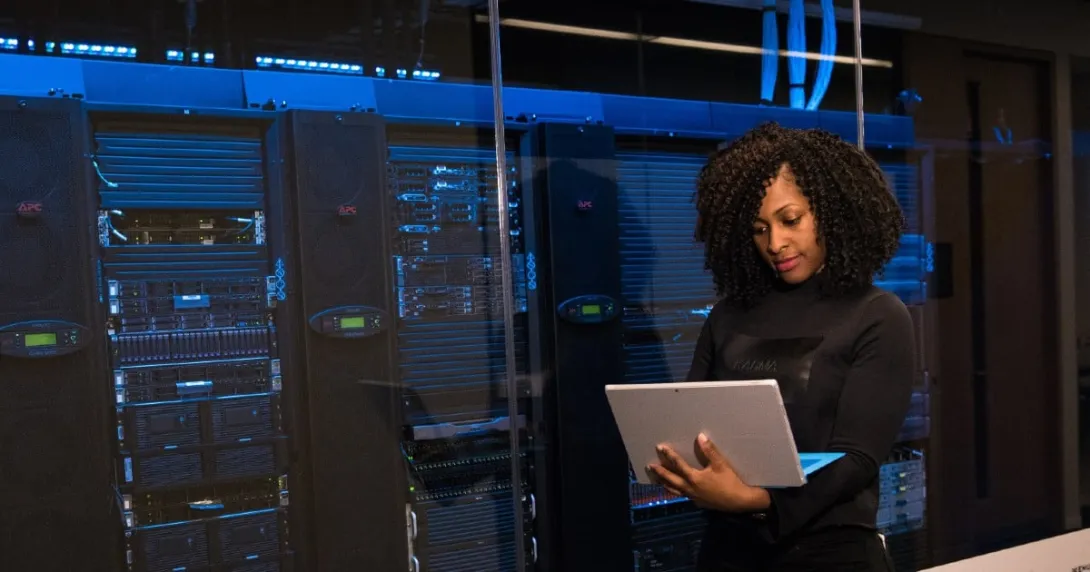In a world boasting seemingly futuristic technologies such as Wi-Fi-enabled pill bottles and pills that trigger an e-mail alert upon hitting the stomach, there are still hospitals that have yet to grant patients access to their electronic health records.
Likening that reality to what other industries have done with mobile technologies, Harry Greenspun, MD, senior advisor for health care transformation & technology at the Deloitte Center for Health Solutions pointed, of all places, to Chipotle. There’s an app for the Mexiacn chain that lets users order a custom burrito and pre-pay for it, so it’s ready when they arrive to pick it up.
[See also: Next up: Engaging the patient.]
At one Houston-area hospital Greenspun visited recently, patients can use that Chipotle app, he said, they just can’t access their healthcare information.
“There’s a Chipotle in the hospital lobby,” Greenspun cracked. “So I asked them ‘who do you think patients view as more sophisticated?’”
That is just one of the examples in the disparity between how mobile devices and apps are used in daily lives but not in healthcare. And it provides the industry an opportunity, as it moves into value-based reimbursement where outcomes that providers achieve inevitably depend on patient behaviors, to do “very cool things,” he said.
That day not yet here, Greenspun outlined the four driving forces of mHealth for personal use:
- Smarter hardware
- Sophisticated operating systems
- Promising software and services
- An ever-expanding array of user applications
Deloitte asked people if they have a health problem, would they like to get it remotely monitored. Among millennials 42 percent said yes, gen X’ers' reponse was slightly higher with 44 percent indicating an interest, while baby boomers and seniors came in at 40 percent and 35 percent, respectively.
[See also: What will it take for docs to use apps?.]
And with health apps largely disconnected from mainstream healthcare, Greenspun pointed to three unanswered question facing mHealth:
- What business models will emerge that produce solid returns to risk-takers who deliver mHealth products or services?
- How will regulatory and industry environments encourage or dissuade investments in businesses that leverage mHealth as a central feature?
- Where will mobile tech ultimately take the healthcare industry?
Attendee Chris Brancato, specialist leader of health information technology, federal, S&I at Deloitte, asked that, since Apple has pretty much established a very low market price for mobile apps, will people really pay for more complex and costly health apps?
“Right now, because these apps are in the consumer space, we are thinking about what consumers will pay, rather than who is going to benefit from this?” Greenspun answered, adding that it would require changing the value equation toward what a particular app is worth in the healthcare value system – and it will necessitate a new frontier in interoperability.
While most of the interoperability discussion takes place around EHRs and applications, he said, the much bigger challenge will be getting device interoperability under control.
All the more reason to look at how other industries are harnessing mobile hardware and software to better serve customers, much like that Chipotle app.
“Why would we tolerate living in a world of Flintstones in healthcare when we live in the world of Jetsons the rest of our life?” Greenspun asked.
Mobile app photo from Shutterstock.com.


